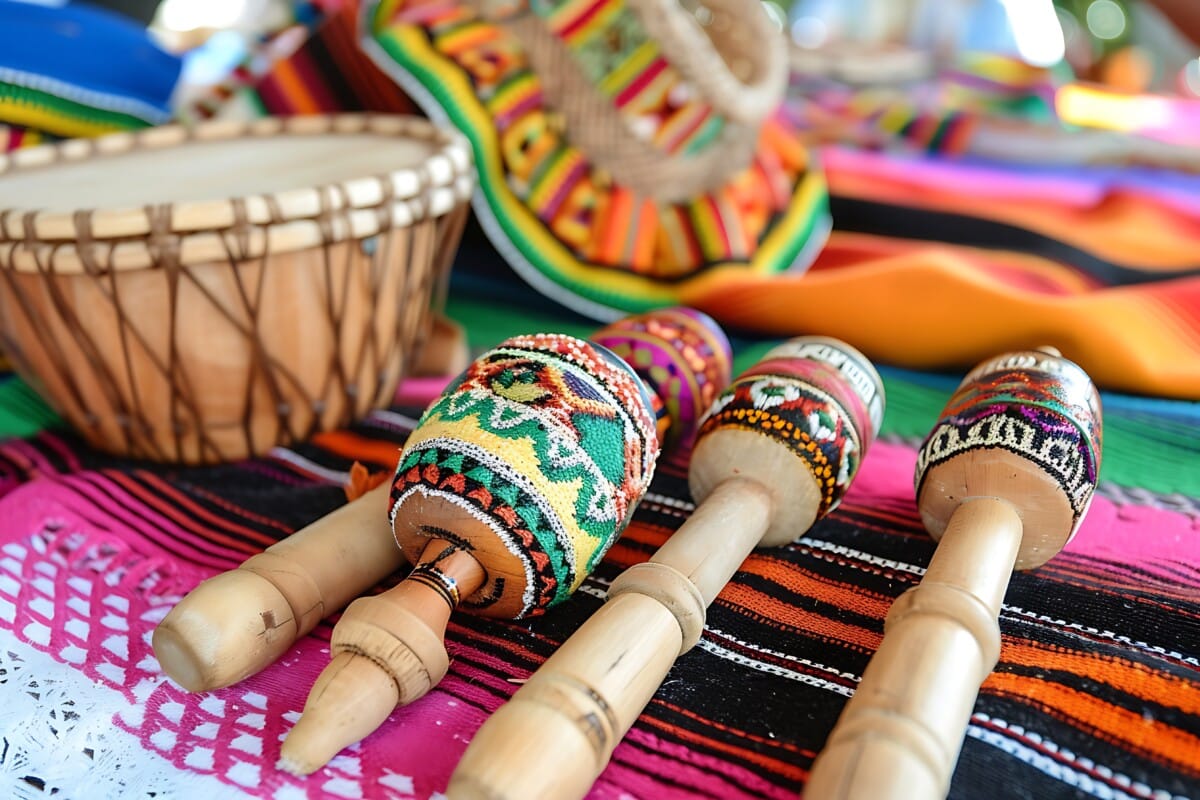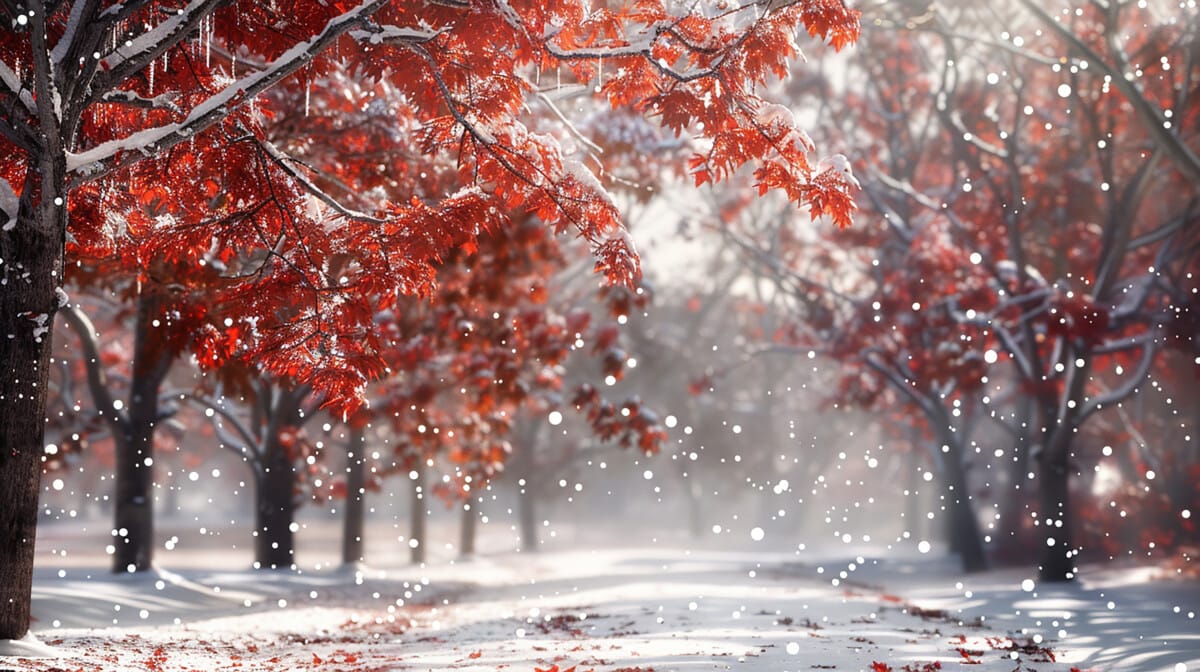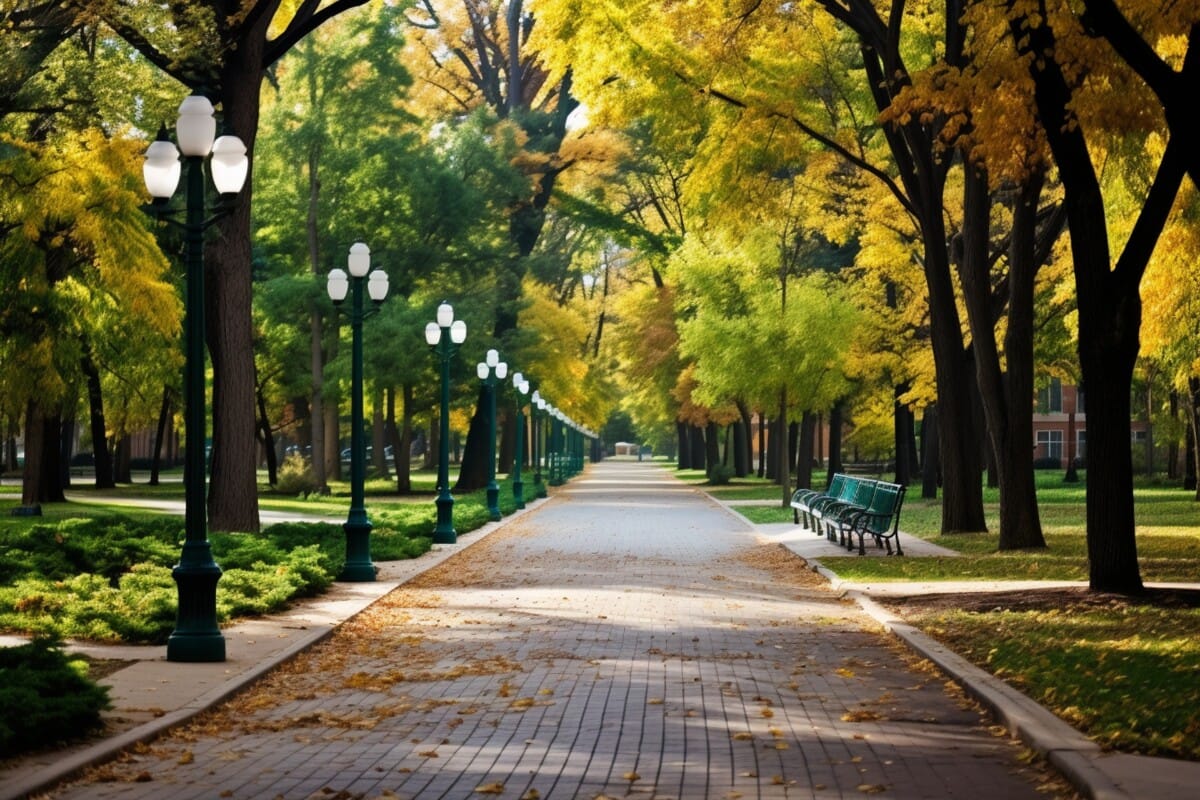An essential vocabulary set for teaching customs, celebrations, and how people connect across cultures
Teaching English is about more than just grammar and verbs—it’s about giving students the words to share their lives, beliefs, and values. Culture and traditions vocabulary opens the door to meaningful, personal, and inclusive discussions that help learners connect language with identity.
This topic offers some of the richest opportunities for student engagement. Vocabulary like festival, celebration, and observance gives learners the language to describe not only what they do, but why they do it—what traditions mean to them and their communities. These words naturally lead to storytelling and comparison, encouraging students to share personal experiences and learn from each other.
Including specific holidays like Christmas, Eid, Diwali, Hanukkah, Lunar New Year, Thanksgiving, and Halloween introduces cultural awareness alongside language practice. Whether students observe these holidays or are simply curious about them, the vocabulary helps them understand, respect, and talk about global traditions with confidence and accuracy.
Words like greeting card, parade, and anniversary help students describe both public events and personal celebrations—making the vocabulary useful across settings, from family gatherings to community festivals. And terms such as Carnival and Independence Day provide opportunities to introduce geography, history, and national identity in an engaging way.
This vocabulary also supports broader life skills. Understanding terms including birthday, New Year’s Day, and Valentine’s Day is important for navigating calendars, social events, and everyday conversations. Meanwhile, teaching a word like hostility opens up space to contrast it with the spirit of unity that traditions often promote.
The best part? This topic is universally relevant. Every student, regardless of background, has a tradition, holiday, or meaningful observance they can share. The language gives them the tools to tell those stories in English.
If you have not added the ‘Culture and Traditions’ pack, now is the perfect time to bring it in. This pack builds vocabulary, bridges cultures, and celebrates what makes us human—together.









